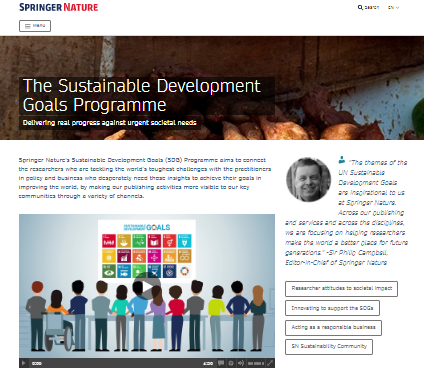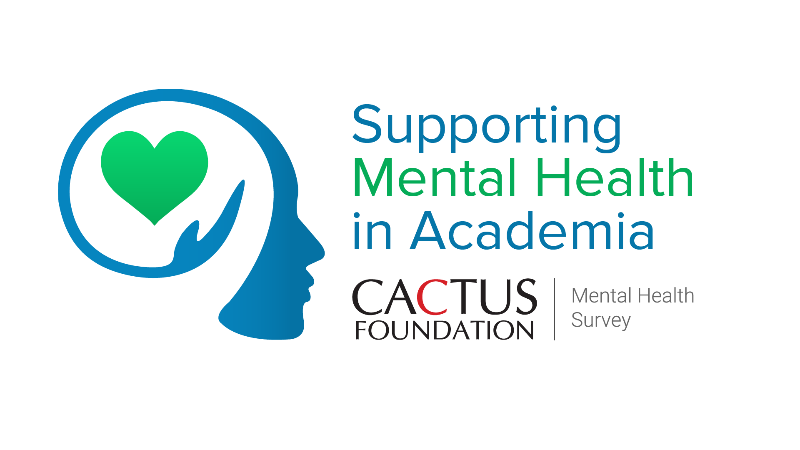
The Sustainable Development Goals Programme SDG14 Hub: Life Below Water
Springer Nature’s SDG Programme aims to connect the researchers tackling the world’s toughest challenges with the practitioners in policy and business who desperately need those insights to achieve their goals in improving the world, by making our publishing activities more visible to our key communities through a variety of channels. This channel or ‘hub’ focuses on SDG14 and showcases oceans-related outputs across all of our imprints, content types and academic disciplines.



